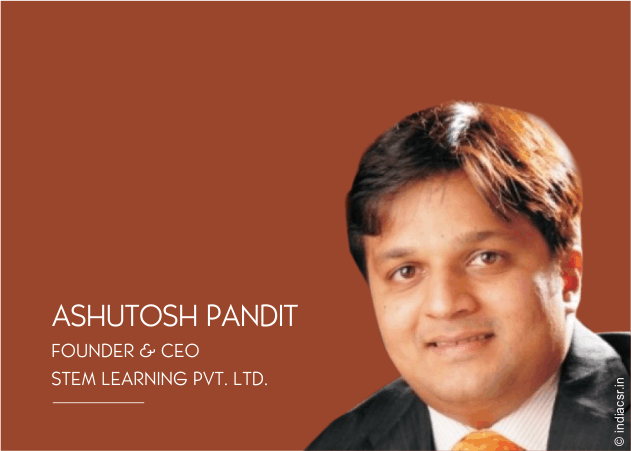
It has been an amazing day for India’s Science and Technology fraternity. The Indian Space Research Organisation (ISRO), the space agency of our nation which headquartered at Bengaluru created incredible history in Science, particularly in space science on Feb 15, 2017 when its PSLV (Polar Satellite Launch Vehicle) rocket placed 104 satellites from seven countries into the space in a single mission, overtaking the previous record of 37 satellites launched by Russia in 2014. Earlier, the US space agency NASA had launched 29 satellites in a single mission in 2013. Our satellite launch took place from Sriharikota space centre in south India.
The event is momentous because it shows how India is now a major force in the multi-billion dollar commercial space market, posing a major challenge to the West as India is now providing a cost-effective alternative.
Of the 104 small satellites, 96 belong to the United States while Israel, Kazakhstan, the United Arab Emirates, Switzerland and the Netherlands are the other foreign clients. A majority of the satellites have earth-imaging capability. An Indian cartographic satellite, believed to be capable of taking high resolution images, is also on board. It is expected to be used to monitor regional arch rivals Pakistan and China.
Recently, our Prime Minister while addressing 104th Indian Science Congress in Sri Venkateswara University of Tirupati, Andhra Pradesh (January 3-7, 2017) emphasized that the government is committed to support the different streams of scientific knowledge from fundamental science to applied science with an emphasis on innovations.
I personally believe that ISRO’s success will boost the need to develop new-age science education ecosystem in our country. But, the biggest challenge is – can we reach out to areas with no access to resources and offer them a platform to learn science in the schools?
And it is here where my company STEM Learning is making all the difference. Building scientific temper and offering easy methodology to solve complex science theories is the mission of STEM Learning. We genuinely believe that the 21st century belongs to India, if the opportunity of science education is available to every schools of the remotest region of the country.
For the past five years, STEM has reached out to hundreds of schools in the rural areas of India’s 11 states – Chhattisgarh, Delhi, Goa, Gujarat, Himachal Pradesh, Uttar Pradesh, J&K, Karnataka, Maharashtra, Rajasthan and Tamil Nadu – tapping the talent of school children and giving them a sense of hope that even they can harness their potential and make it big.
We are partnering with India’s leading corporates offering them sustainable Corporate Social Responsibility (CSR) solutions. They include JSW Foundation, HSBC Bank, L&T Infotech, Bank of Baroda, Pidilite, Ultratech Cement, Vedanta Foundation to name a few. We have 100 interactive Maths and Science working models and have so far reached out to 7,00,000 students. Our unique Mini Science Centers (MSCs) create an interactive platform for children and expands their learning potential.
STEM has capability of customizing the CSR needs of companies and our target- oriented team has been spreading the torch of knowledge in India’s poorest regions. STEM’s learning models are devised by experts with a close eye on the young, under-privileged children.
They are affordable and come with a teacher training program that not only ensures seamless education to the children but adds value to the teacher’s profiles. Going one step further, STEM stresses on interactive teaching techniques by conducting lectures by senior scientists, science fairs, quizzes and even train these schoolchildren in designing models on their own.
We have successfully implemented 40 mega science labs and 450 mini science labs that have brought quality education to the doorsteps of school children in rural India and converted them into knowledge hubs.
Our interactive mobile app STEM PLUS helps you to connect directly with all on-going projects and check their progress in real time.
We are creating an ecosystem for the future scientists, our students. One of them could well be part of the ISRO team in the future!
I strongly believe that India can be able to produce quality and talented manpower only when their will be equal and equitable opportunity for Science Education. Progress of nation and progress of science education is closely linked.
About the Author
(Ashutosh Pandit is Founder of Stem Learning, which emerged as a leading CSR Partner in Education. He can be reached at ashutoshstemlearning@gmail.com)
Copy Right & Conditions: India CSR does not permit other websites/Agency to copy or reproduce or reprint the above article in any form.
Disclaimer: The views expressed by the author in this feature are entirely his own and do not necessarily reflect the views of India CSR and its Editor.




















